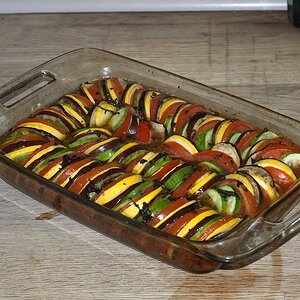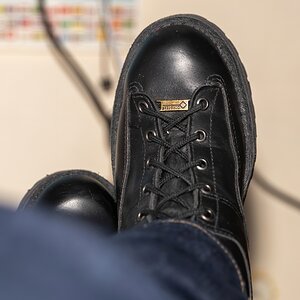theusher
TPF Noob!
- Joined
- Jan 17, 2007
- Messages
- 250
- Reaction score
- 0
- Location
- Nowhere
- Can others edit my Photos
- Photos NOT OK to edit
I am interested in graduated ND filter. I've seen a lot of comments that the round ones are pretty much useless and you need to go with the square ones. I have no experience with the square holders and stuff, so I was hoping to hear some opinions...(I assume they have them for the D80)
Maybe it's possible without the filter to get the same effect?
Maybe it's possible without the filter to get the same effect?



![[No title]](/data/xfmg/thumbnail/40/40307-b3813381d3c1ef8282c72905405b50fe.jpg?1619739413)
![[No title]](/data/xfmg/thumbnail/40/40311-715dda8167abb793178d6abf7e8136fe.jpg?1619739414)




![[No title]](/data/xfmg/thumbnail/33/33029-f4556b4c89cecbad12ebe6b782a51ef5.jpg?1619735843)
![[No title]](/data/xfmg/thumbnail/41/41821-2e92de82ffc4cd2d520a8fa10fb8b6a5.jpg?1619739905)

![[No title]](/data/xfmg/thumbnail/40/40309-c759bfd4ae7c079632e7402d21d332f1.jpg?1619739414)
